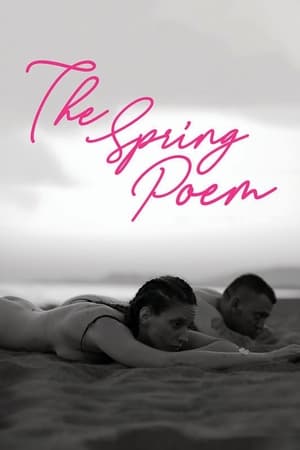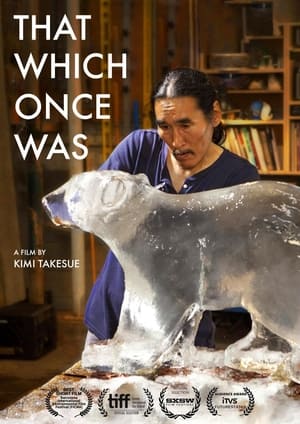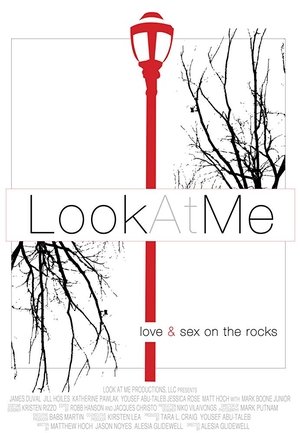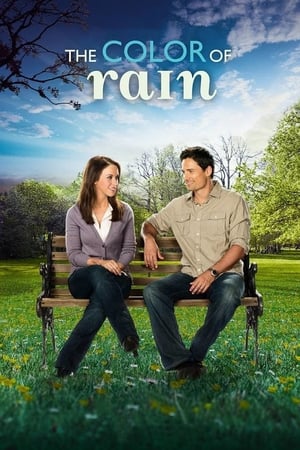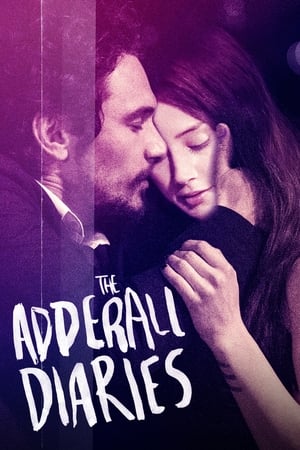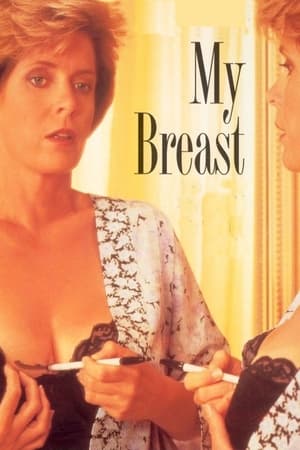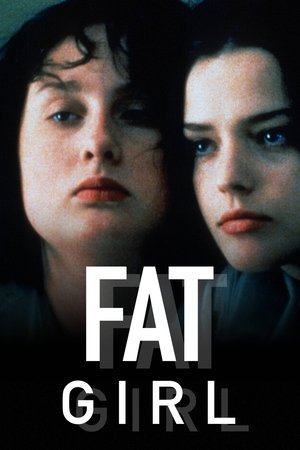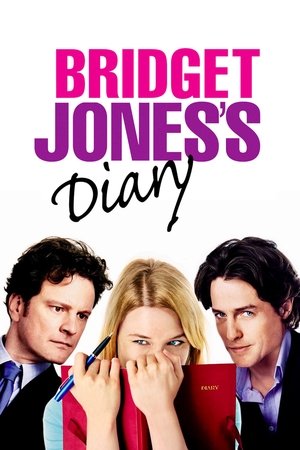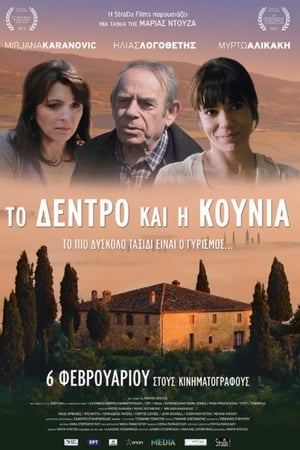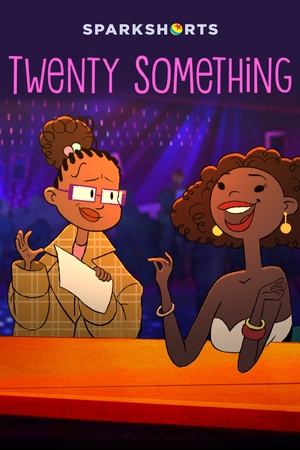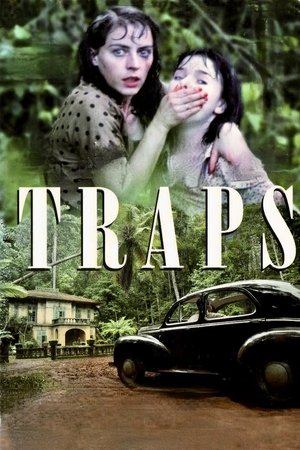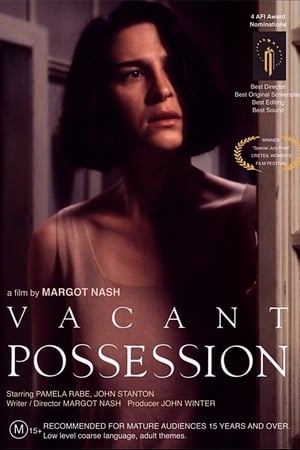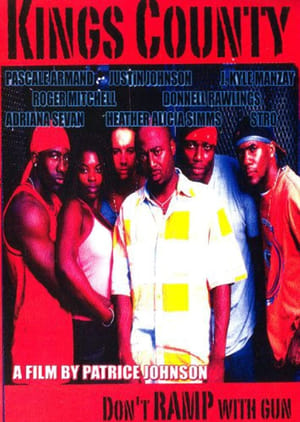Overview
England, 1969. The fascinating Abbie and the troubled Lydia are great friends. After an unexpected tragedy occurs in the strict girls' school they attend, a mysterious epidemic of fainting breaks out that threatens the mental sanity and beliefs of the tormented people involved, both teachers and students.
Reviews
The Falling collapses its ambitious intrigue through overextended fainting spells. Puberty is a strong advocate for personable change. Experiencing the evolutionary adolescence that transforms sprouted children into blossoming young adults. Yet, the journey is rarely uncomplicated, demanding physical and mental energy that springs hormonal tendencies into action. None more demanding than the friendship between youthful girls, minor fraternities conjuring rites of passage to solidify bonds. Morley’s distinctively bold mystery encompasses the pubescence of an all-girl school, experiencing synchronised mass hysteria after the tragic death of a fellow pupil.
A psychological contagion enabling the exploration of sexuality, moulded by misty melodrama against an autumnal period backdrop. Disturbingly beguiling in nature, through metaphorical body possessions that highlight supernatural elements within the obtrusive sexual motives. Morley, for the most part, captivates when allowing her acting talent to shine through. An innocently naive Williams bravely controlling every scene in her leading role as a psychologically deterred student whom seemingly is a catalyst for the hysteria breakouts. Hospitalised, psychoanalysed and actively withdrawn from therapy, the spells of hysteria are never elaborated. An unexplainable mass psychogenic illness. Morley’s intent in ambiguity enables her ostentatious narrative to visualise sexualisation. Hormonal chemicals invading the bloodstream and controlling the mind. A possession, if you will.
Conversely, her screenplay resorts to ethereal poetry and psychedelic narration, emphasising the connectivity between these girls. Unfortunately, several conversational scenes spoon-feed proposed metaphors for the assurance of acknowledgement, most notably the one-sided therapy session that Lydia and her friends endure. Diminishing the bold interpretations that preceded the conclusive act almost indefinitely.
Then the final ten minutes commence and Morley outwardly encounters her own spell of hysteria. The tone alters. The mood unequivocally changes. The pace quickens. She dabbles into darker subjects, a territory that heavily contrasts with the predominantly mystifying narrative. The virginal Lydia interrogating her neglectful agoraphobic mother regarding her father, whilst developing an incestuous relationship with her brother. Discovering her true roots, subsequently offering a hereditary reasoning for her mental instability. It’s at this point where Morley loses that tight narrative control. Explicitly presenting a shallow explanation that manages to resolve familial turmoil in a matter of minutes, allowing the supernatural aura to dissipate. Not to mention how under-utilised and misdirected Peake was. Fortunately Pugh’s illuminatingly perfect performance makes up for lost talent. The editing imaginatively strings various images together during rapid flashback scenes, which proved effective for the most part. Thorn’s soundtrack however was too audacious and overpowering, likening The Falling to a casual summer school trip rather than an existential piece of art.
Morley is a credible director, and The Falling is one feature that uniquely tackles a variety of subjects in a mesmerisingly imaginative manner. Its fundamental issues however are situated in its inappropriate climax and misplaced technicalities that allow the narrative to repetitively faint far too often.

 103 min
103 min
 5.1
5.1
 2015
2015
 United Kingdom
United Kingdom
 The Movie Diorama wrote:
The Movie Diorama wrote: